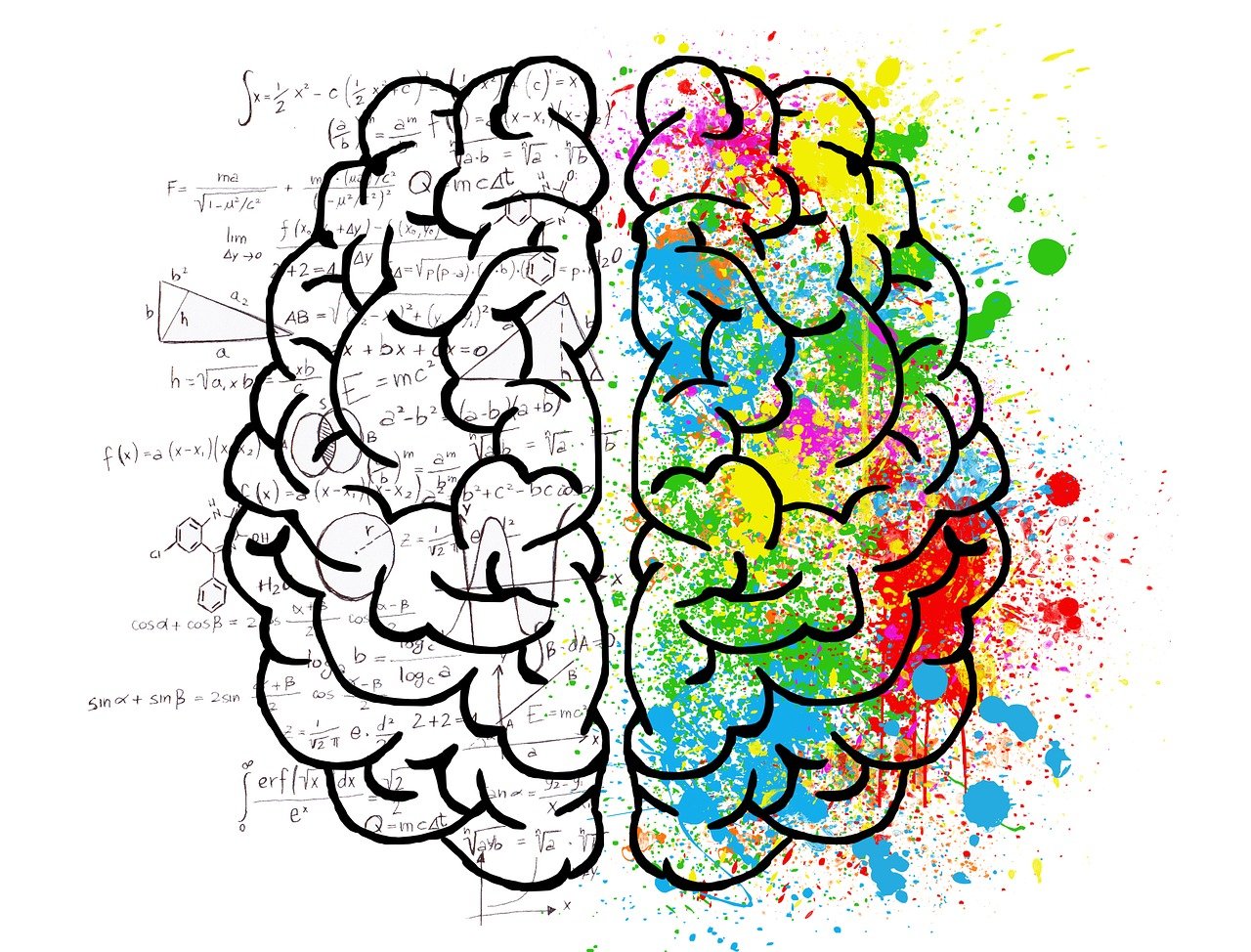Brahman is a central concept in Hinduism and is often described as the ultimate reality or ultimate principle that underlies all of existence. It is considered to be the source and ultimate goal of all spiritual practices and is often associated with the concept of God in Hinduism.
Table of Contents
Roots of Brahman Principle.
The concept of Brahman can be traced back to the ancient Vedic texts, which were written in India between 1500 and 800 BCE. These texts describe Brahman as the ultimate reality that is the source of all things and is the foundation of all existence. It is said to be eternal, unchanging, and infinite, and is often described as the ultimate goal of spiritual practice.
The Upanishads, a collection of texts written between 800 and 500 BCE, further developed the concept of Brahman. They describe it as the ultimate reality that is beyond the physical world and is the source of all consciousness. It is said to be the ultimate self or Atman, and is often associated with the concept of God in Hinduism.
In the Bhagavad Gita, a Hindu scripture that was written around the 2nd century BCE, the concept of Brahman is further developed. It is described as the ultimate reality that is the source of all things and is the foundation of all existence. It is said to be eternal, unchanging, and infinite, and is often associated with the concept of God in Hinduism.
Further development of the Brahman Principle.
In Advaita Vedanta, one of the most influential schools of Hindu philosophy, the concept of Brahman is further developed. It is described as the ultimate reality that is the source of all things and is the foundation of all existence. It is said to be eternal, unchanging, and infinite, and is often associated with the concept of God in Hinduism. Advaita Vedanta teaches that the individual self, or Atman, is identical to Brahman and that the ultimate goal of spiritual practice is to realize this identity.
In conclusion, Brahman is a central concept in Hinduism and is often described as the ultimate reality or ultimate principle that underlies all of existence. It is considered to be the source and ultimate goal of all spiritual practices and is often associated with the concept of God in Hinduism. Brahman can be traced back to ancient Vedic texts, and is further developed in the Upanishads, Bhagavad Gita and Advaita Vedanta.



